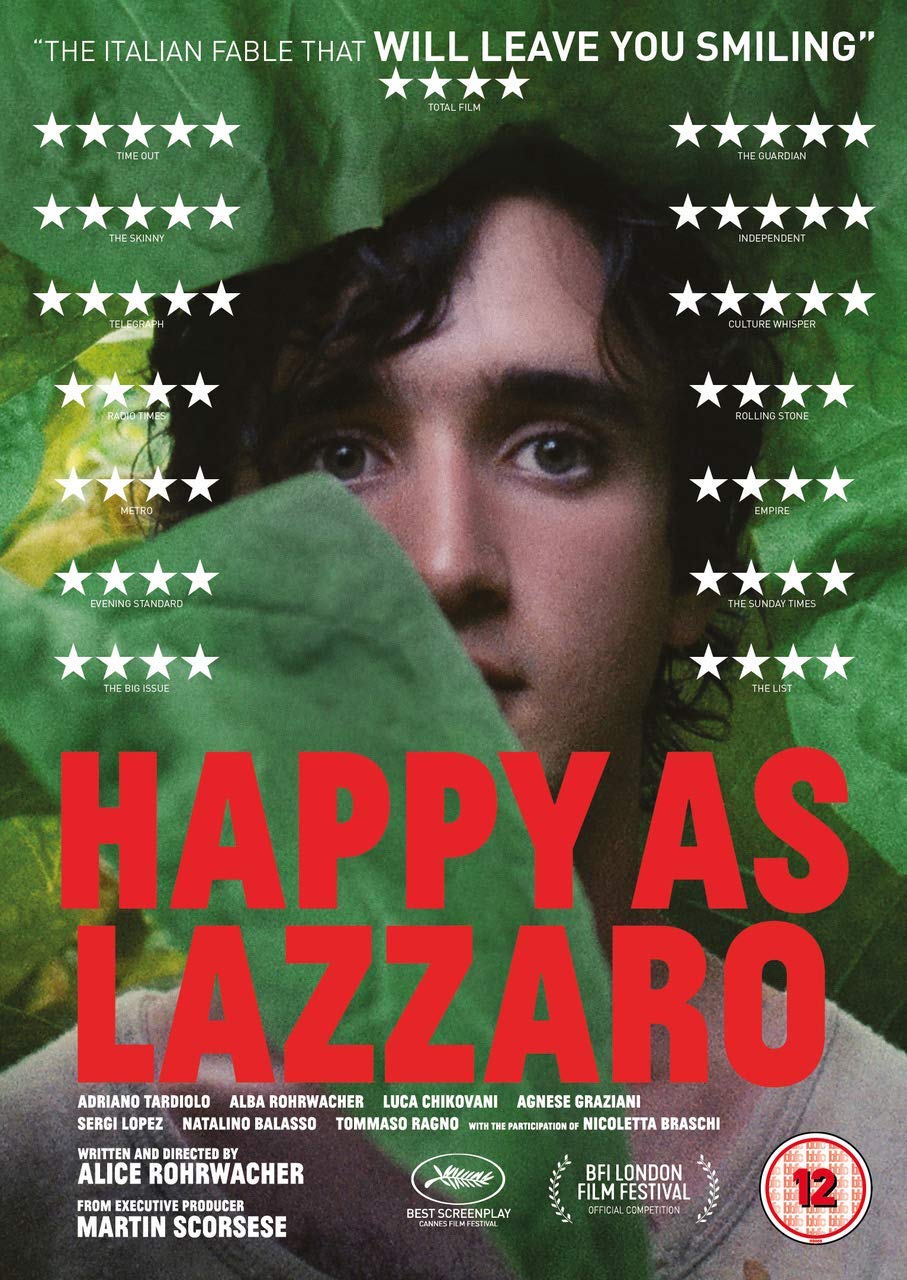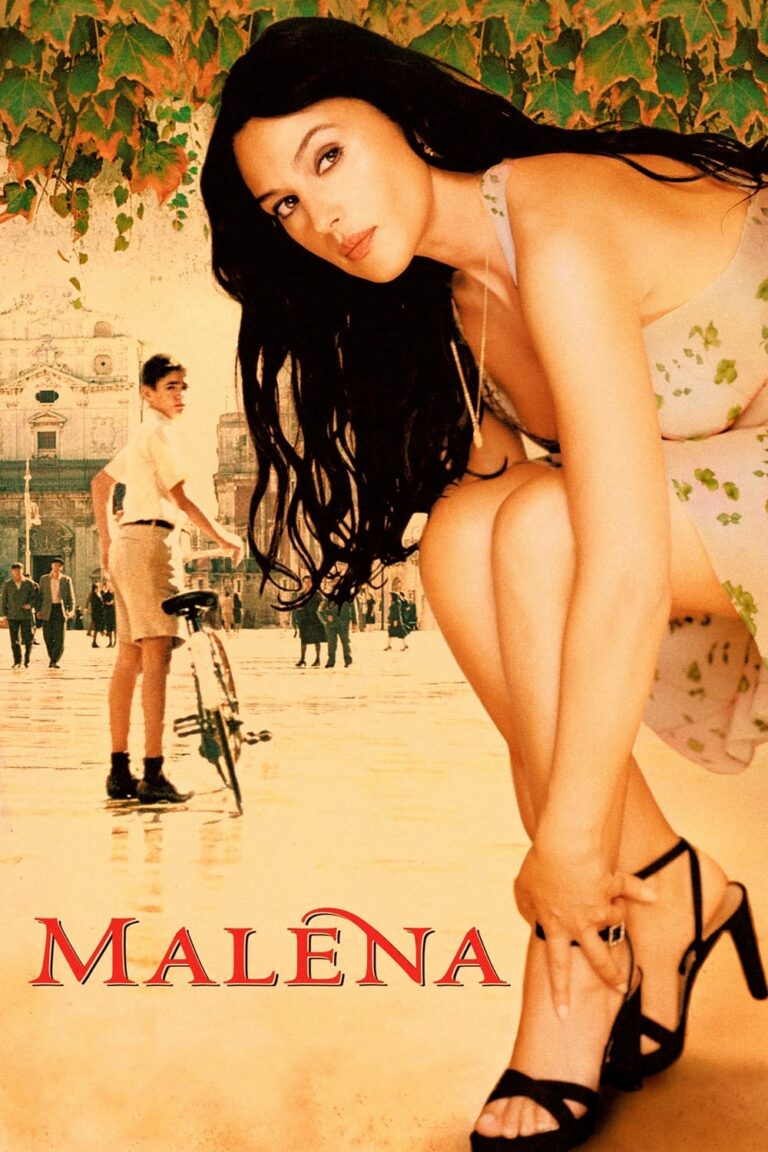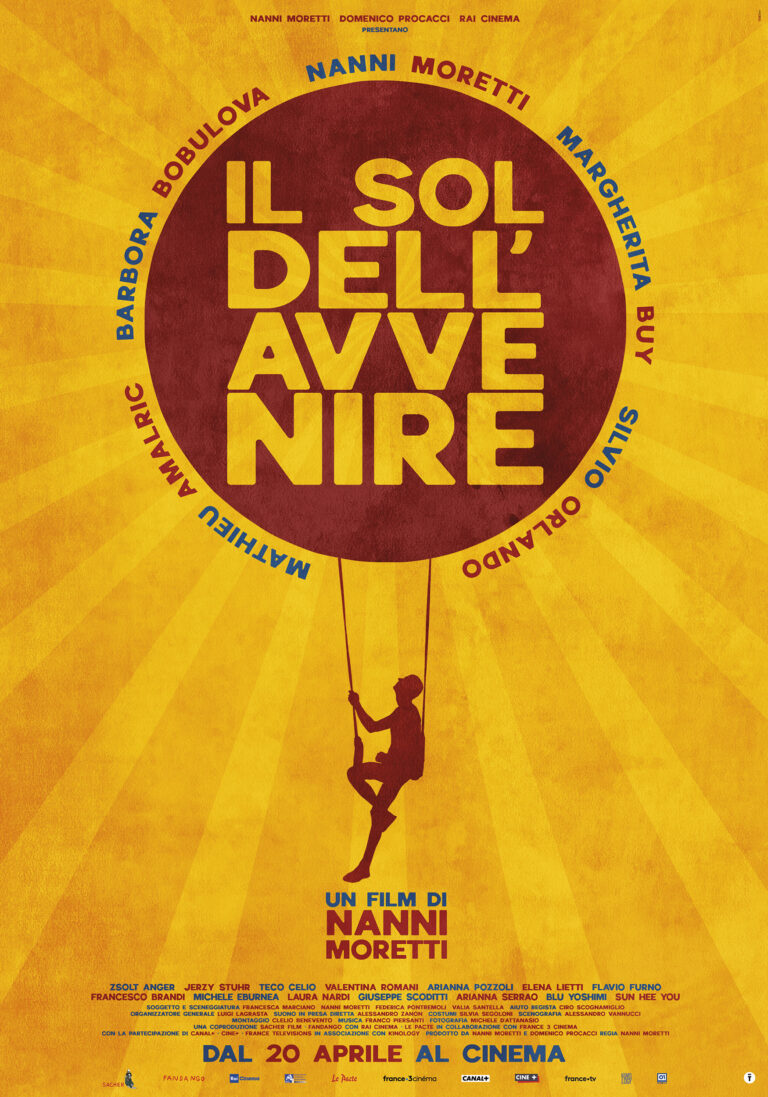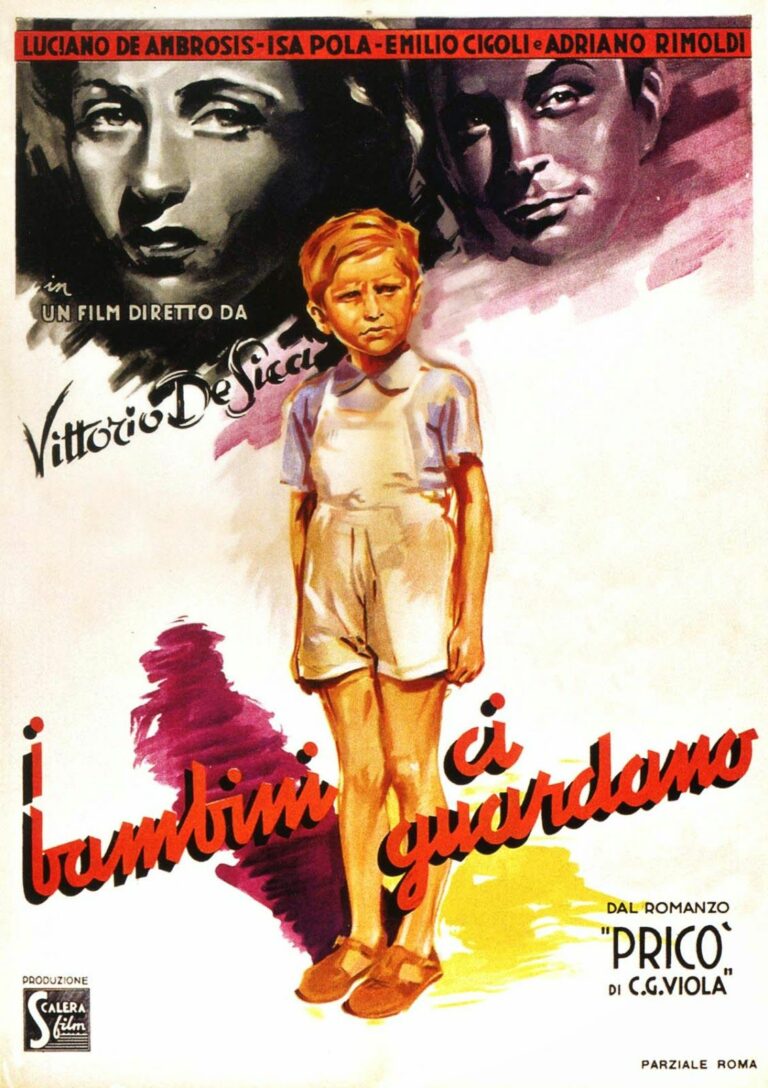Happy As Lazzaro: A Tale of Friendship, Innocence, and Time

Directed by Alice Rohrwacher, Happy as Lazzaro is a mesmerizing blend of magical realism and incisive social commentary. Premiering at the 2018 Cannes Film Festival, the film earned Rohrwacher the Best Screenplay award, affirming her status as one of contemporary cinema’s most visionary storytellers. With its poetic narrative, captivating characters, and evocative visuals, Happy as Lazzaro transcends genres to deliver a profound exploration of humanity and societal disparity.
The Story of Lazzaro
At its core, Happy as Lazzaro follows the life of Lazzaro, a young peasant whose unshakable purity and selflessness make him both endearing and underestimated. Lazzaro resides in Inviolata, a secluded village frozen in time, where life is ruled by the domineering Marchesa Alfonsina de Luna, ominously nicknamed “the queen of cigarettes.” The villagers labor under a feudal system so oppressive they remain oblivious to its illegality, trapped in an existence of servitude.
Lazzaro’s life changes when he befriends Tancredi, the Marchesa’s rebellious and imaginative son. Despite their starkly different social standings, their bond grows as Tancredi enlists Lazzaro in a daring scheme to stage his own kidnapping. This unusual plan weaves their lives together in profound and unexpected ways, ultimately propelling Lazzaro on a journey that transcends time and place.
A Surreal Transformation
The narrative takes a breathtaking turn when Lazzaro is mysteriously transported decades into the future, moving from his pastoral existence to the chaos of a modern urban world. Here, Lazzaro’s unwavering kindness and guileless nature make him a haunting symbol of innocence amid greed, cynicism, and societal decay. As he searches for Tancredi in this new world, Lazzaro’s journey becomes a poignant meditation on humanity’s lost values and the enduring power of goodness.
Alice Rohrwacher’s Vision
Rohrwacher’s signature style shines in Happy as Lazzaro, combining magical realism with grounded social critique. Drawing inspiration from Italy’s rural history and the country’s uneasy transition into modernity, she creates a narrative that feels both fable-like and deeply human.
The decision to shoot on 16mm film enhances the story’s dreamlike quality, with earthy tones and tactile imagery that juxtapose the pastoral beauty of Inviolata with the harsh realities of urban life. This visual contrast amplifies the film’s exploration of class disparities and the erosion of communal bonds.
Critical Acclaim
Happy as Lazzaro has been celebrated as a cinematic triumph. Peter Bradshaw of The Guardian described it as “a glowing, miraculous film,” praising its seamless fusion of the mythical and the mundane. Justin Chang of the Los Angeles Times lauded it as “a delicate, wondrous fable that transcends time and space,” emphasizing the relevance of its themes of innocence, exploitation, and inequality.
Adriano Tardiolo’s performance as Lazzaro has drawn particular acclaim. His portrayal captures the character’s quiet, profound goodness with subtle grace, making Lazzaro an unforgettable figure. Luca Chikovani, as Tancredi, provides a dynamic counterbalance, embodying privilege and rebellion with equal fervor. Their interplay anchors the film’s emotional depth, elevating its storytelling.
Themes and Legacy
At its heart, Happy as Lazzaro is a reflection on the corrosive effects of social inequality and the enduring strength of kindness. It explores the exploitation of the vulnerable, the disconnection between past and present, and the loss of innocence in a world driven by greed.
Rohrwacher’s layered narrative and visionary direction ensure the film’s place as a modern classic. Through Lazzaro’s journey, the film invites viewers to confront their own humanity and challenges them to imagine a world where selflessness and care prevail.
With its unique blend of whimsy and realism, Happy as Lazzaro lingers long after the credits roll, leaving audiences with a sense of hope and a renewed appreciation for the simple power of kindness.






